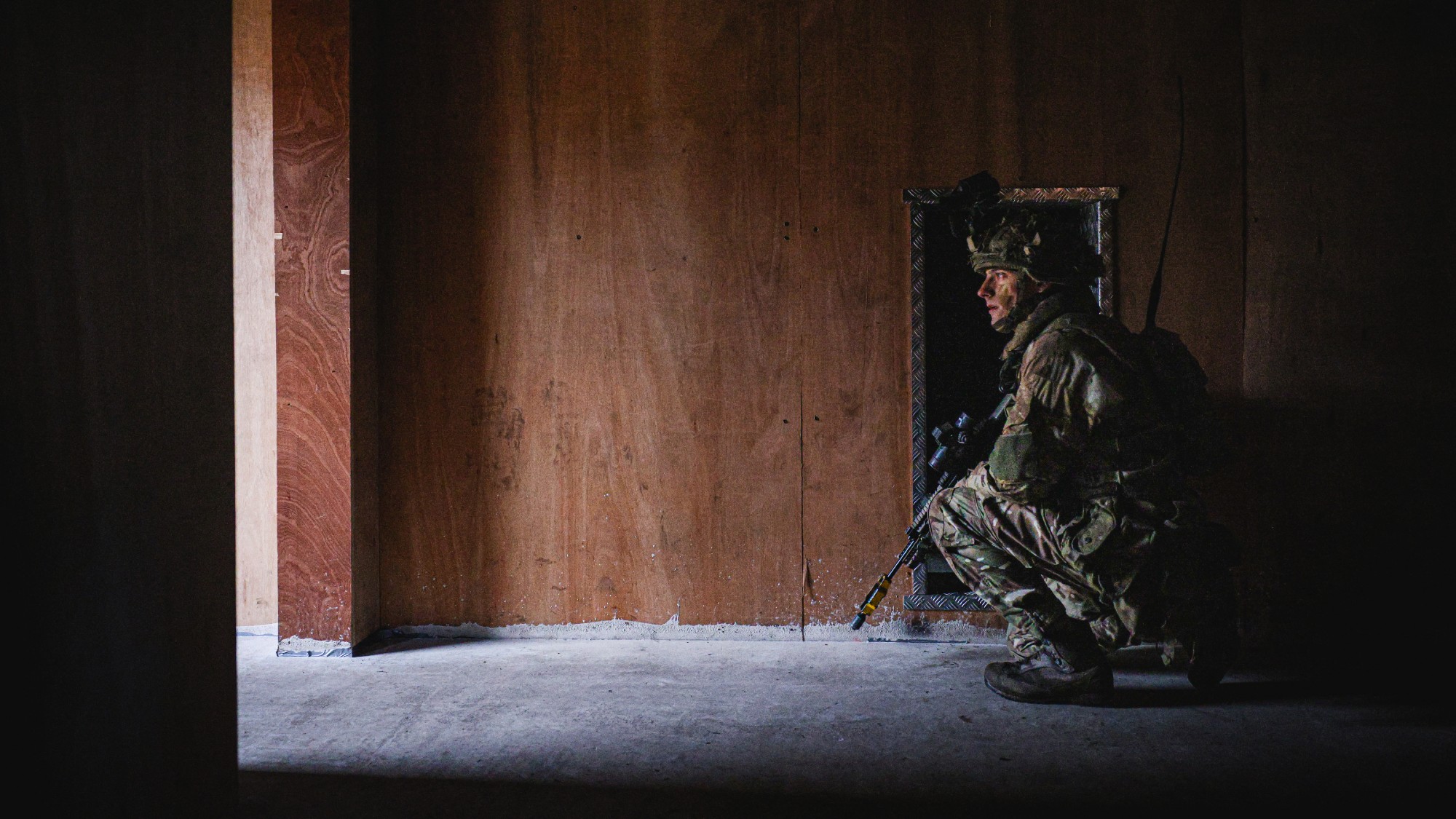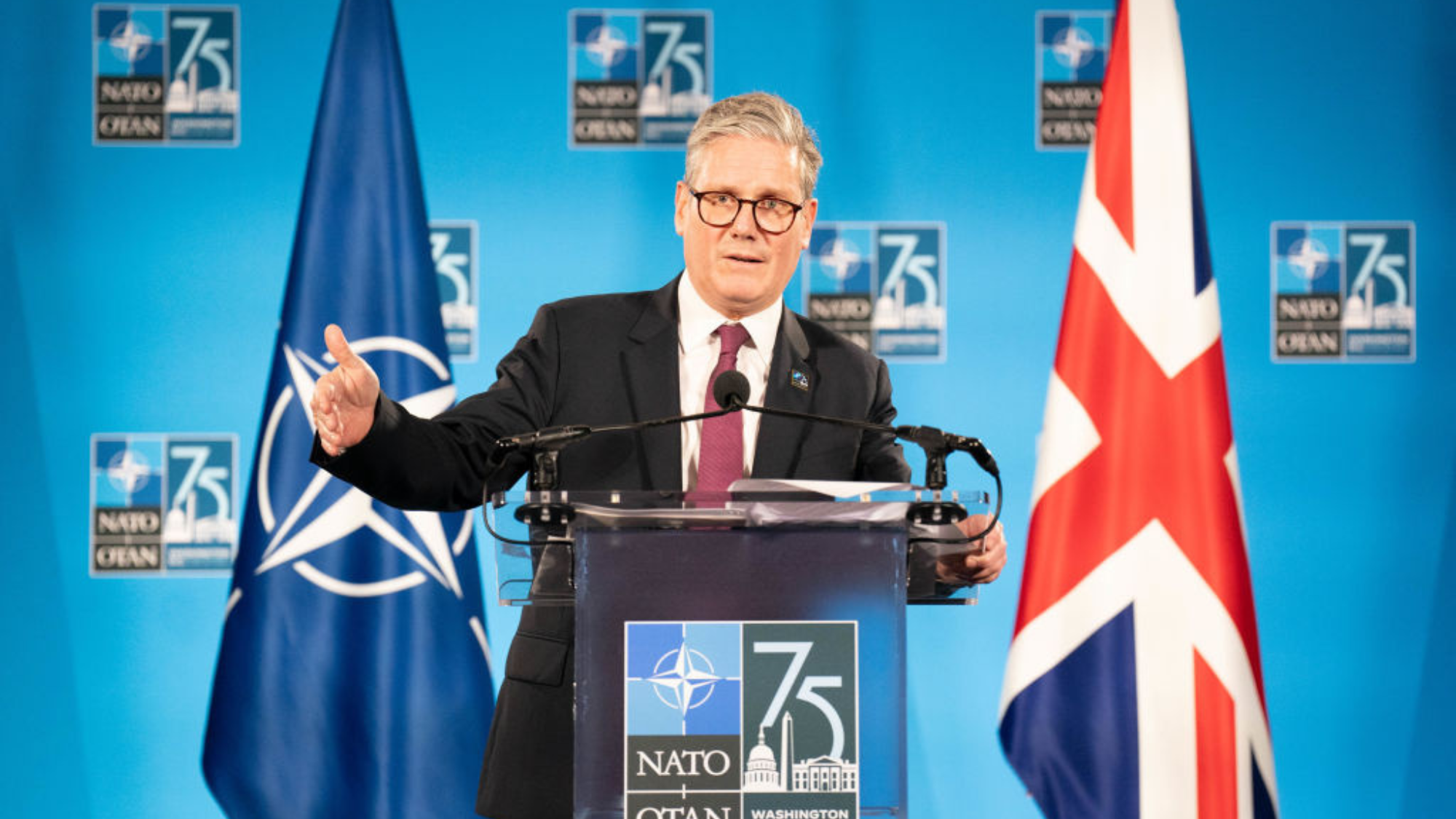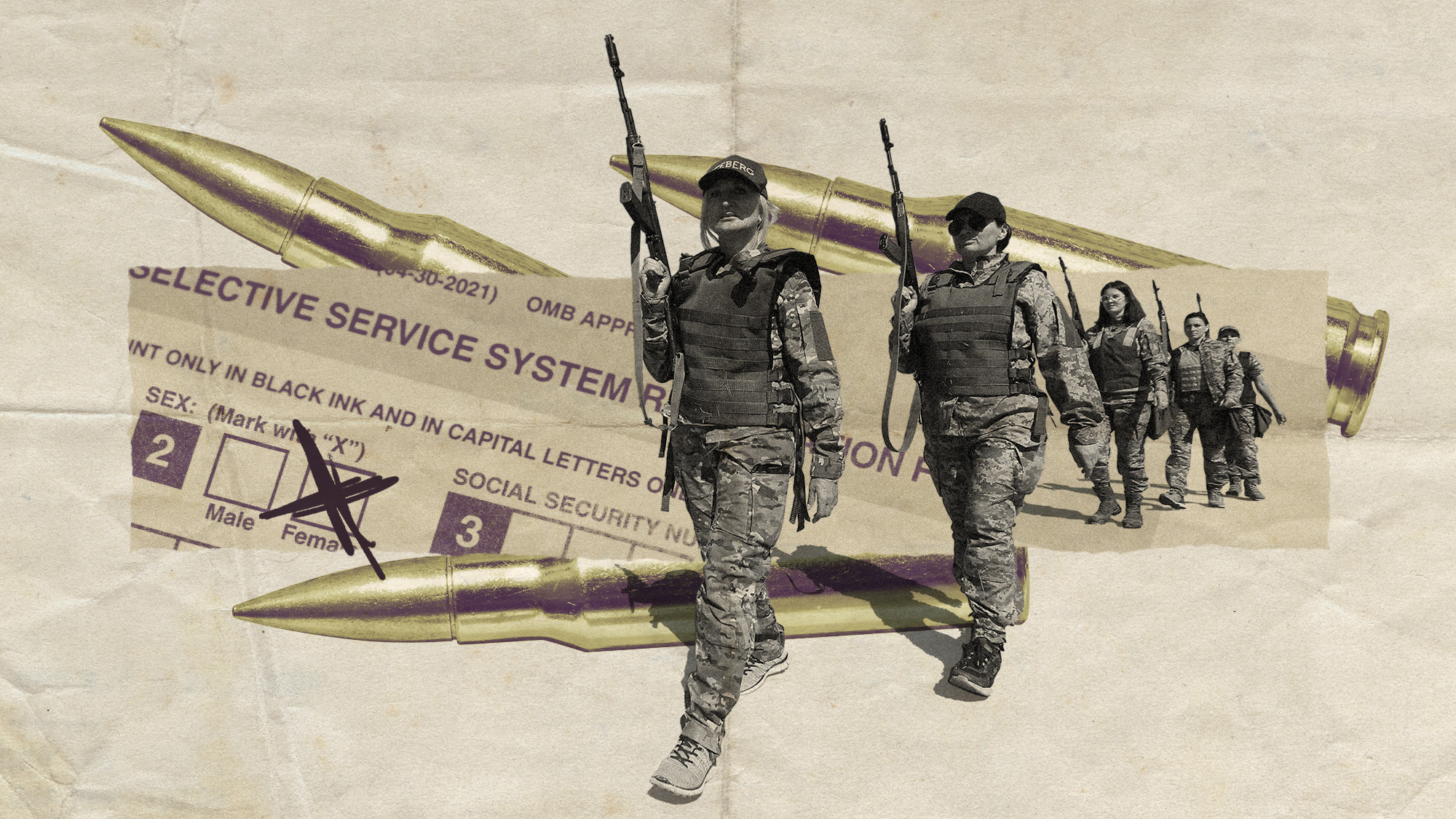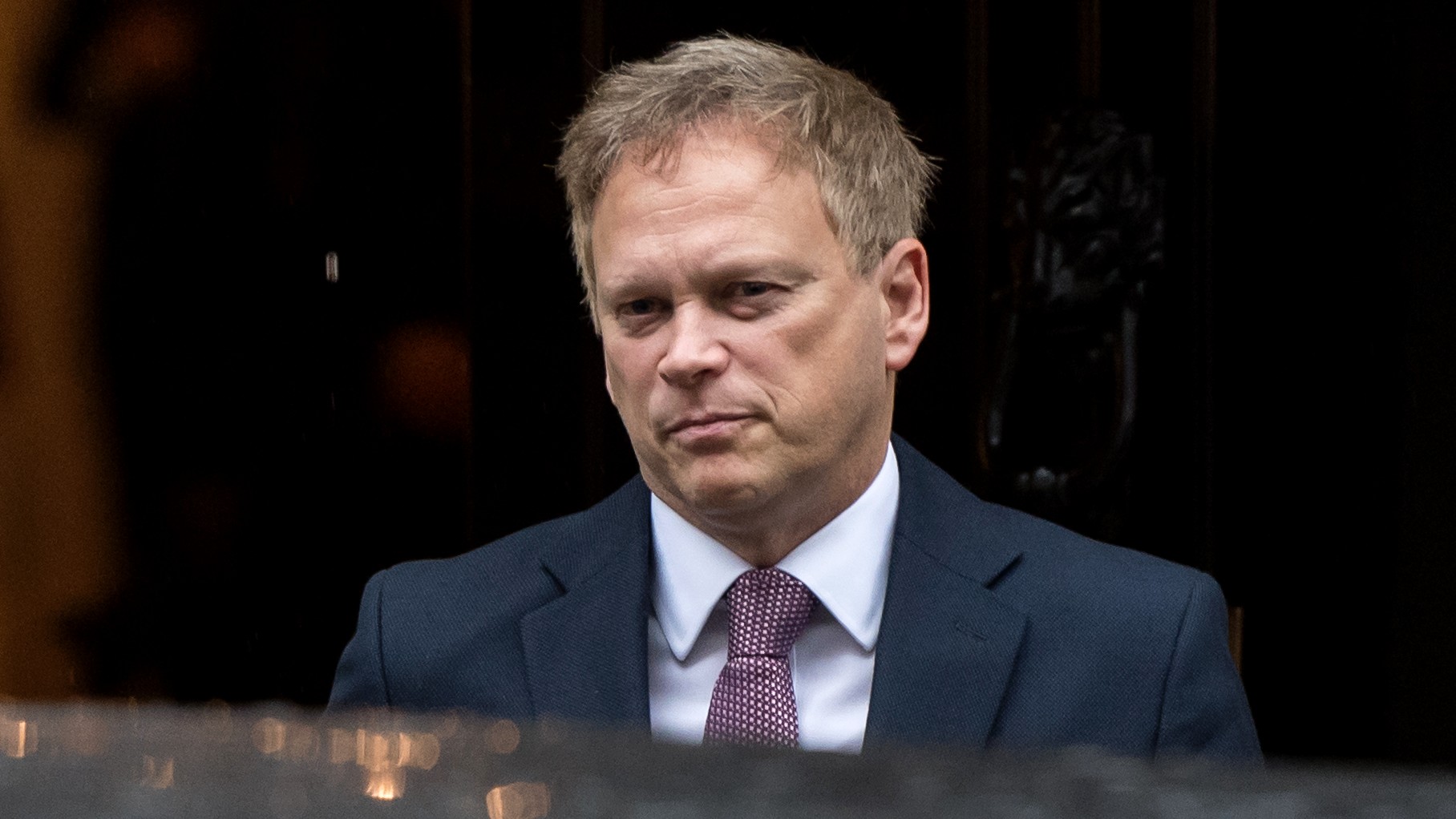Osborne’s cuts could reduce Army to virtually useless
Cuts will be so severe that Nato could classify our reduced forces not as an army, but a gendarmerie

A free daily email with the biggest news stories of the day – and the best features from TheWeek.com
You are now subscribed
Your newsletter sign-up was successful
If George Osborne is to be taken at his word - and if the Conservatives are returned to power in May – the public spending cuts he is planning will trigger the biggest downturn in Britain’s defence capability we have seen in modern times, and therefore this country’s position in the world.
In short, the British Army could be reduced to around 63,000 personnel – so small it would be classified by Nato as a gendarmerie.
Responsible commentators, including two leading BBC programmes, Newsnight and The World at One, are forecasting between 30 and 40 per cent cuts in the budgets of the Ministry of Defence and the Foreign and Commonwealth Office. That means reducing the current military defence budget of £36 billion to somewhere between £20 - £25 billion.
The Week
Escape your echo chamber. Get the facts behind the news, plus analysis from multiple perspectives.

Sign up for The Week's Free Newsletters
From our morning news briefing to a weekly Good News Newsletter, get the best of The Week delivered directly to your inbox.
From our morning news briefing to a weekly Good News Newsletter, get the best of The Week delivered directly to your inbox.
The cuts have to be this severe because the budgets for health, education and overseas aid are to be ‘ring-fenced’. (The aid budget, managed by the Department for Foreign Investment and Development, will run at £12bn, and will rise as the economy grows.)
In a worst-case scenario, sketched by several leading commentators, the MoD will be asked to lose a total of at least 50,000 military and civilian posts. The Army, already reduced under present policies to 82,000, is likely to lose a further 19,000 soldiers.
Osborne’s pledge to have Britain in the black by the end of the decade makes the undertaking given by David Cameron at September’s Nato summit in Cardiff - to spend two per cent of GDP on defence - sound like sheer whimsy or a cynical deception plan.
Estimates suggest that Osborne’s cuts would require the UK to spend only 1.2 per cent of GDP on defence - below that of France (1.4 per cent) and roughly equal with Italy.
A free daily email with the biggest news stories of the day – and the best features from TheWeek.com
And yet the government has just announced that the Royal Navy is to open a new £15 million base in Bahrain, the first east of Suez since 1971. And, of course, Cameron promised at Cardiff that the second aircraft carrier, the Prince of Wales, is to be commissioned after all.
Further commitments are to be made to the training of friendly forces and the air campaign against Islamic State militants in Iraq. (This despite a letter appearing in the press from a disgruntled officer saying that the RAF’s force of Tornados operating over Iraq out of Cyprus are dangerously low on maintenance and spares.)
Also this past weekend, a leak to the Sunday Times suggested that RAF planes and UK ground forces may have to return to Afghanistan to help the newly installed president, Ashraf Ghani, thwart the Taliban offensive on Kabul and in the south of the country.
But if Osborne is to have his way on public spending cuts, Britain will be in no position to offer sustained help in Afghanistan, Iraq, the Middle East, eastern Europe or anywhere much else for that matter.
This is mainly due to the government’s insistence that it will stick to current equipment plans, as laid down in the Strategic Security and Defence Review of autumn 2010.
Working from figures and projections by the Resolution Foundation, Francis Tusa, who runs his own independent think tank and journal Defence Analysis, suggests that within a few years the UK will be spending 70 per cent of its defence budget on equipment, meaning a huge reduction in manpower.
As well as cutting the Army by a further 19,000 to a force of around 63,000, the Navy would have to be reduced by 8,000 down to around 20,000 and the RAF by 5,000 to around 27,500. The Royal Marines would be unviable.
In short, the three services will have a lot of swanky equipment, including two new aircraft carriers, but too few personnel to maintain or run that equipment properly. Already the RAF has something in the range of 140 Eurofighters on its books, of which it can man and use about 40.
Now we get to the elephant in the room – Trident. If the projections of 30 to 40 per cent cuts are accurate, the replacement for the current Trident system of ballistic missiles, Britain’s nuclear deterrent, surely has to be written off for good.
Already quite large sums have been spent on developing the weapon and the new submarines to carry it. The submarine order can be delayed – as the Americans have delayed their replacement for the current Ohio class of submarines carrying their Trident. But development of the weapon cannot be halted – it is already half completed.
This is a huge political hot potato. The Tories will try to keep the Trident issue out of the election campaign, but the SNP and Lib Dems both want to scrap it and will argue the case for doing so. Labour is still sitting firmly on the nuclear fence.
Losing the nuclear deterrent means Britain will no longer have a voice at the highest levels of the nuclear debate, at the UN, Nato and in other regional alliances. It will certainly lead to the UK being stripped of permanent membership of the UN Security Council to make way for India. France will be the only European Nato nuclear power.
It is far from clear whether Cameron has factored in all this in his support of the Chancellor’s Autumn Statement. It suggests, once again, that this government does not do the necessary practical strategic thinking – how to react to the world as it is, rather than how they might like it to be.
It is right to compare Osborne’s thinking on public spending to that of the early 1930s – for the ‘ten year rule’ was still in vogue then. This said the British Empire was unlikely to be involved in major warfare for at least ten years, so budgets could be planned accordingly.
The Treasury is in a similar frame of mind under the direction of Osborne in the aftermath of Afghanistan and Iraq. Defence is expensive and hardly needed, is the current refrain among Tory and Ukip neo-isolationists.
But move the needle for the historical time chart on to about 1935 and 1936, and we have a very different story. By then the threat of a new war, fought as much in the air as by land and sea, was looming. If we got back to equivalent defence spending in the mid-30s, then according to Francis Tusa’s calculations the UK would have to be spending at least £85 billion a year on its forces. That’s more than double the current budget – before any cuts are made.
If Osborne has his way, the assumptions that have underlain all defence and foreign policy review since 1989 go out of the window. The UK now becomes the unreliable ally that probably won’t be able to protect its own vital maritime interests.
Worse, what remains of the armed forces risk being sent off on missions for which they won’t have the requisite numbers or training. And for that the politicians and their increasingly politicised officials can only blame themselves.
They won’t.
is a writer on Western defence issues and Italian current affairs. He has worked for the Corriere della Sera in Milan, covered the Falklands invasion for BBC Radio, and worked as defence correspondent for The Daily Telegraph. His books include The Inner Sea: the Mediterranean and its People.
-
 Local elections 2026: where are they and who is expected to win?
Local elections 2026: where are they and who is expected to win?The Explainer Labour is braced for heavy losses and U-turn on postponing some council elections hasn’t helped the party’s prospects
-
 6 of the world’s most accessible destinations
6 of the world’s most accessible destinationsThe Week Recommends Experience all of Berlin, Singapore and Sydney
-
 How the FCC’s ‘equal time’ rule works
How the FCC’s ‘equal time’ rule worksIn the Spotlight The law is at the heart of the Colbert-CBS conflict
-
 Is conscription the answer to Europe’s security woes?
Is conscription the answer to Europe’s security woes?Today's Big Question How best to boost troop numbers to deal with Russian threat is ‘prompting fierce and soul-searching debates’
-
 Is UK's new defence plan transformational or too little, too late?
Is UK's new defence plan transformational or too little, too late?Today's Big Question Labour's 10-year strategy 'an exercise in tightly bounded ambition' already 'overshadowed by a row over money'
-
 The state of Britain's Armed Forces
The state of Britain's Armed ForcesThe Explainer Geopolitical unrest and the unreliability of the Trump administration have led to a frantic re-evaluation of the UK's military capabilities
-
 Is Europe's defence too reliant on the US?
Is Europe's defence too reliant on the US?Today's Big Question As the UK and EU plan to 're-arm', how easy will it be to disentangle from US equipment and support?
-
 Is the British Army ready to deploy to Ukraine?
Is the British Army ready to deploy to Ukraine?Today's Big Question The UK 'would be expected to play a major role' if a peacekeeping force is sent to enforce ceasefire with Russia
-
 British defence: the crisis in the Armed Forces
British defence: the crisis in the Armed ForcesTalking Point Depleted military power may not be able to meet its own commitment to up defence spending to 2.5%
-
 The issue of women and conscription
The issue of women and conscriptionUnder the radar Ukraine military adviser hints at widening draft to women, as other countries weigh defence options amid global insecurity
-
 Grant Shapps goes to war on military's 'woke' diversity policies
Grant Shapps goes to war on military's 'woke' diversity policiesTalking Point Defence secretary condemns 'extremist culture' as Army reportedly plans to relax security checks on overseas recruits